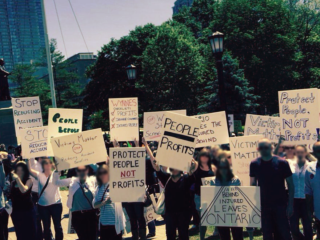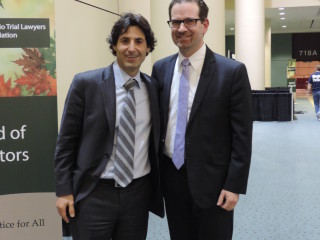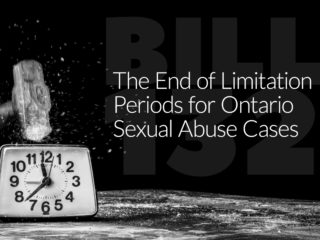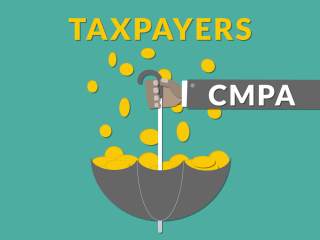As students return to universities across the country, they will likely notice the presence of police-like “campus cops”.
Despite their colloquial nickname and similar uniform, special constables, as they are formally titled, are not police officers. They are peace officers who have been granted police authority through provincial legislation. Practically, they perform a near-identical role to that of city police; within the boundaries of the university they respond to emergencies, conduct investigations, and make arrests.
Uniquely, special constables can act as both law enforcement officers and as custodians of university policy. This allows them the discretion to deal with incidents such as those of sexual violence by means of criminal sanctions, campus-based conduct polices, or both.
If Approached by a Special Constable:
In performing their duties, special constables may be required to approach students and campus-visitors. The constables should be readily identifiable by their uniform but, if uncertain, you are entitled to ask for their badge number.
It is important that students treat any interaction with a special constable as seriously as they would treat an interaction with a member of the city police. If approached, students should be polite and cooperative. The constable may ask your name, address, what you are doing, or where you are going. They may ask you to provide identification.
By law, you do not have to identify yourself to a special constable unless you are driving a vehicle or have committed a provincial offence, such as public intoxication. However, in most cases it is in students’ best interest to identify themselves and cooperate with the constables.
Under certain circumstances, such as suspicion of a crime, special constables are entitled to search you by means of a “pat down”. However, unless you are placed under arrest, you are entitled to refuse such a search.
If Arrested by a Special Constable:
Special constables have the authority to make arrests. If you are arrested by a special constable, they are required to promptly inform you of the following:
- the reason for your arrest;
- that you have the right to retain legal counsel; and
- if you are under 18 years of age, that you have the right to speak with a parent or other adult.
In the case of arrest, special constables can search you and your immediate surroundings, including any vehicle you are in. They are not entitled to carry firearms and are generally unarmed; however, be mindful that they may carry handcuffs, pepper spray, and batons.
Misconduct by Special Constables:
Special constables are employees of the university and are required to abide by the institution’s internal policies, including employee codes of conduct and anti-discrimination policies. If you believe a special constable has acted improperly, make a complaint to the university. In cases of suspected wrongdoing, the local police may conduct a criminal investigation into the special constable’s behavior.















